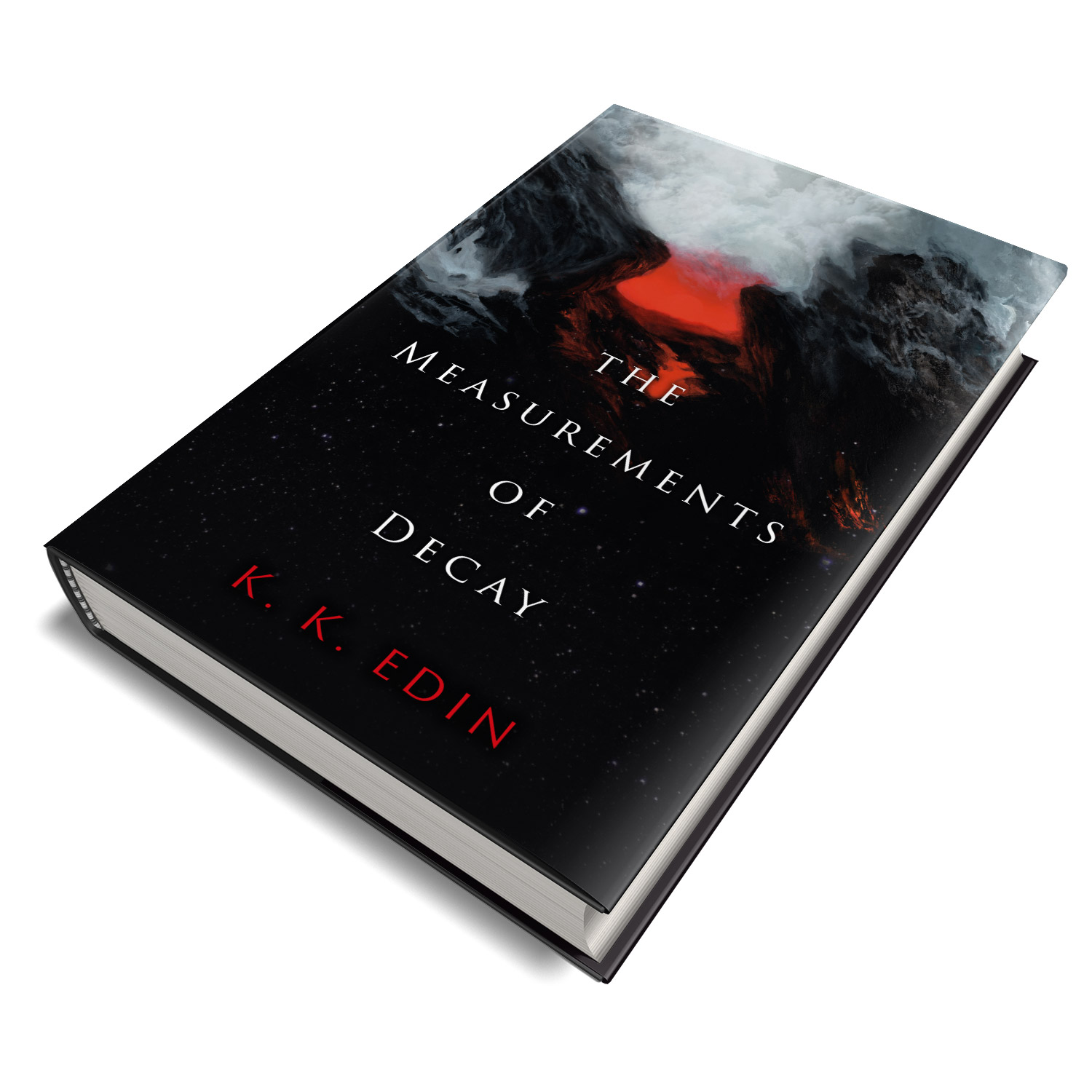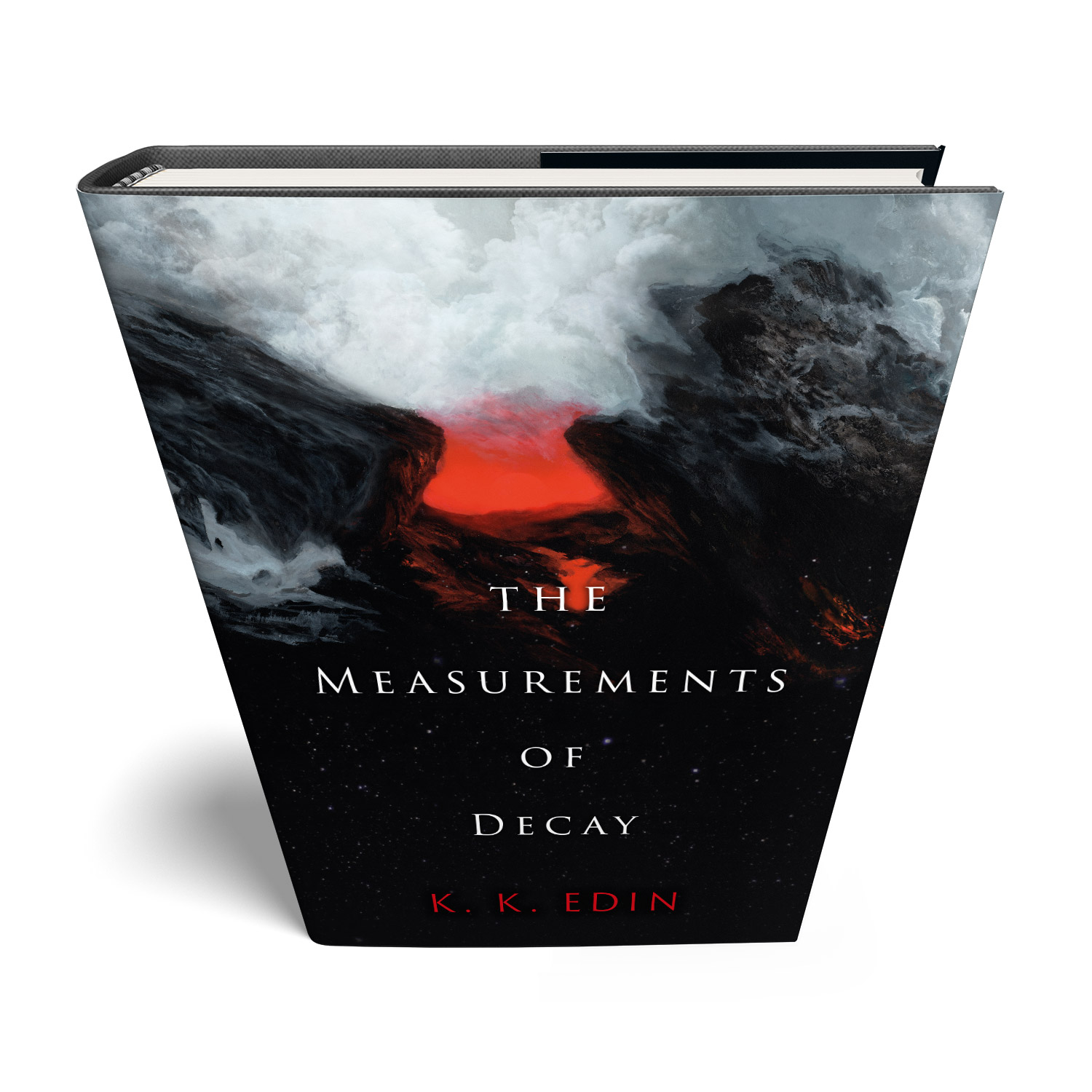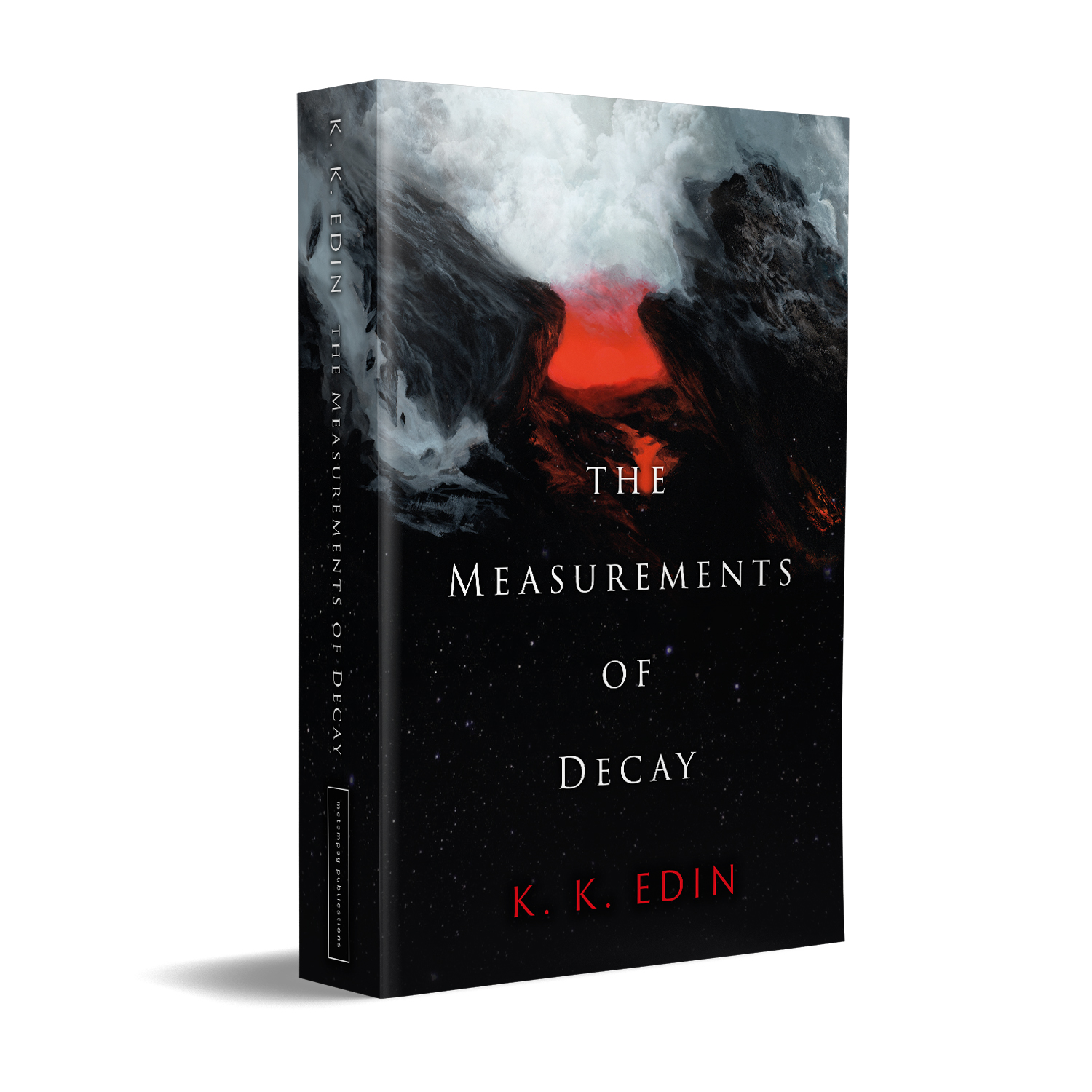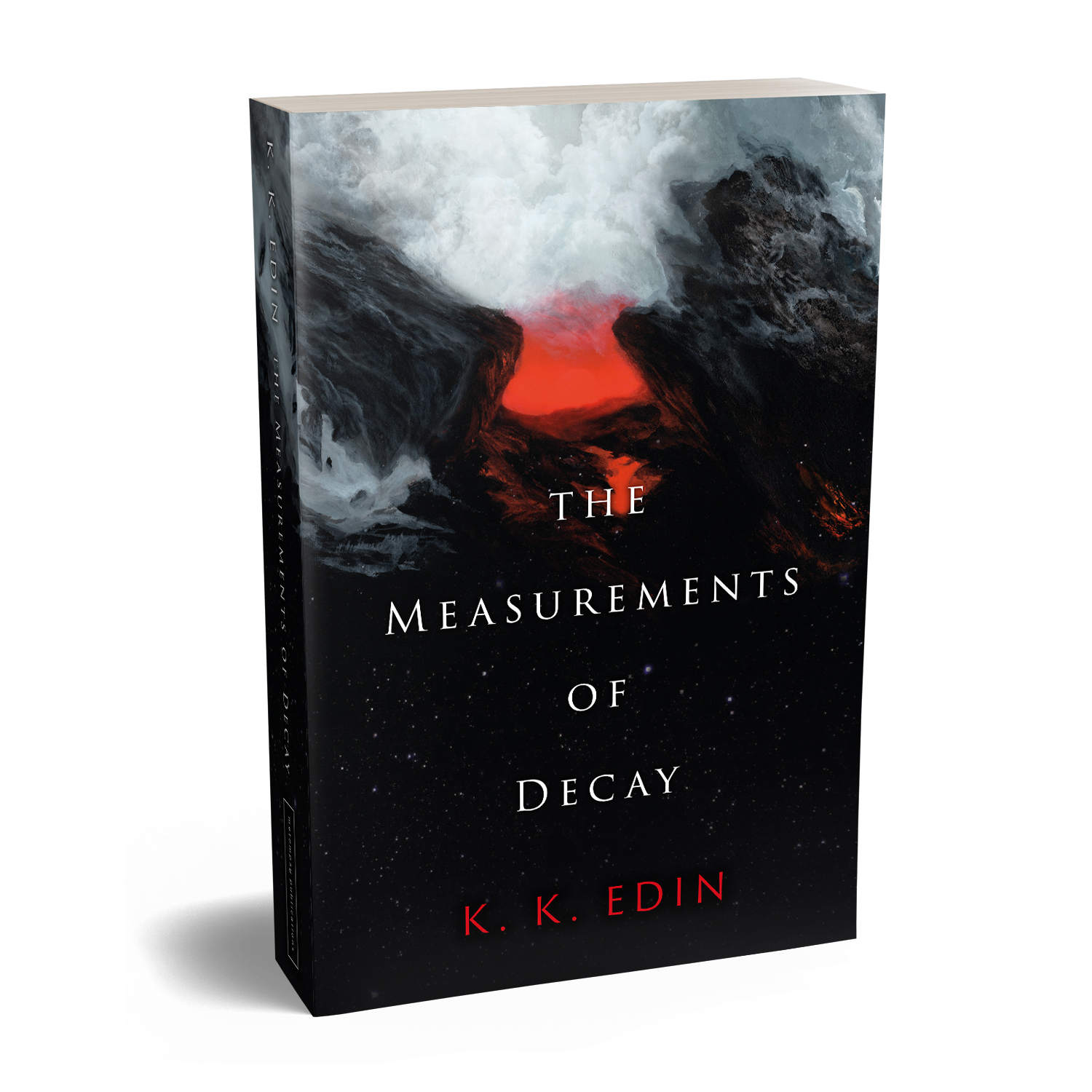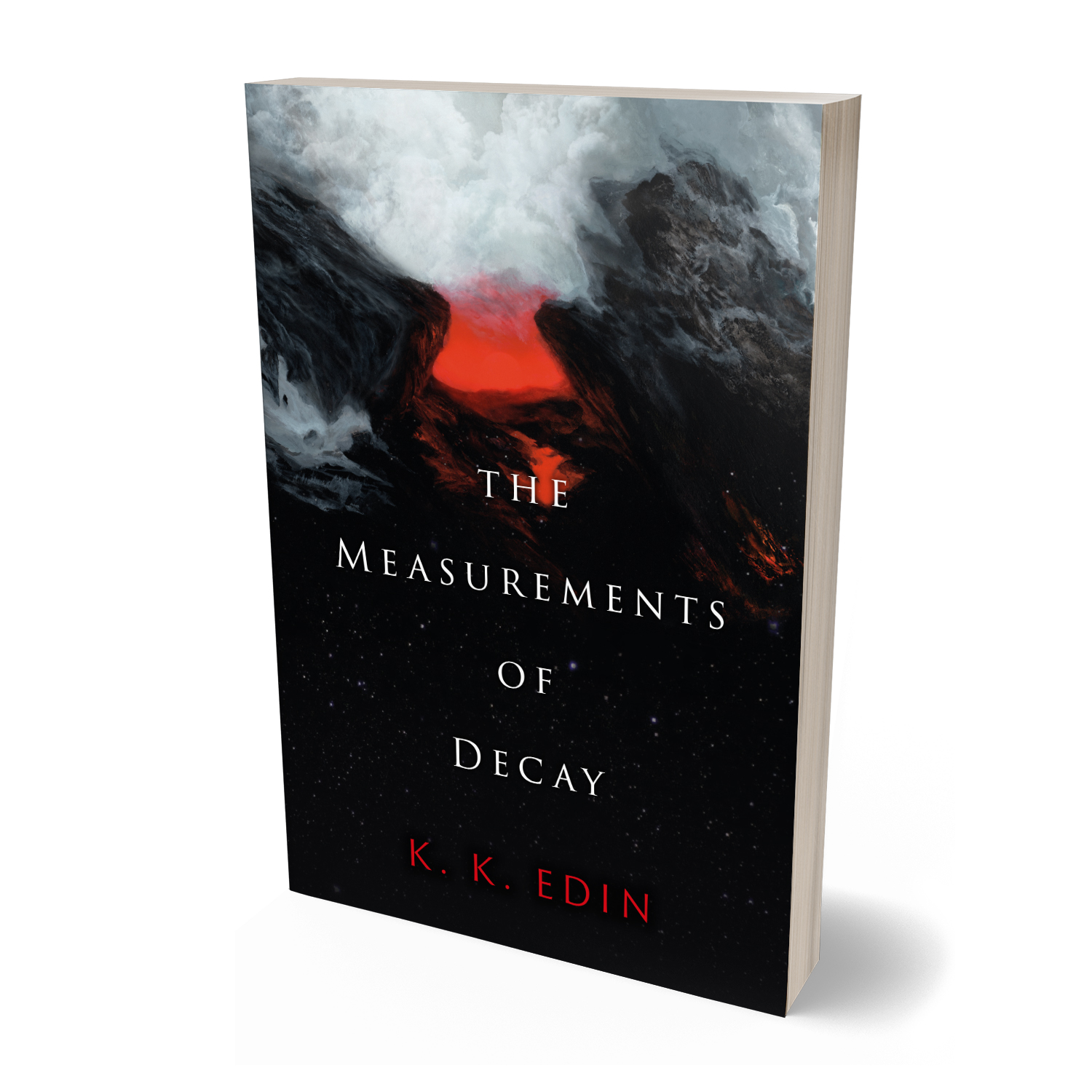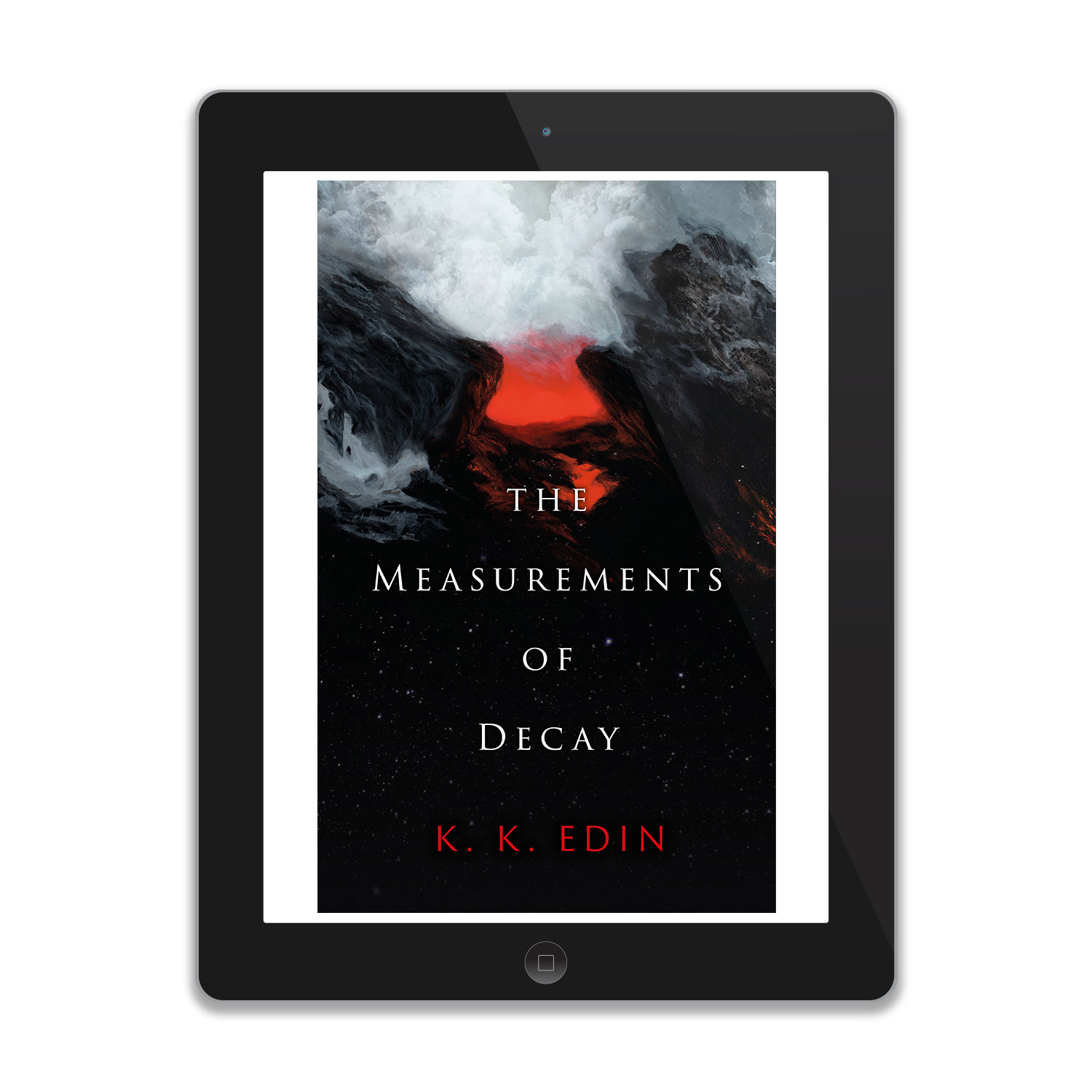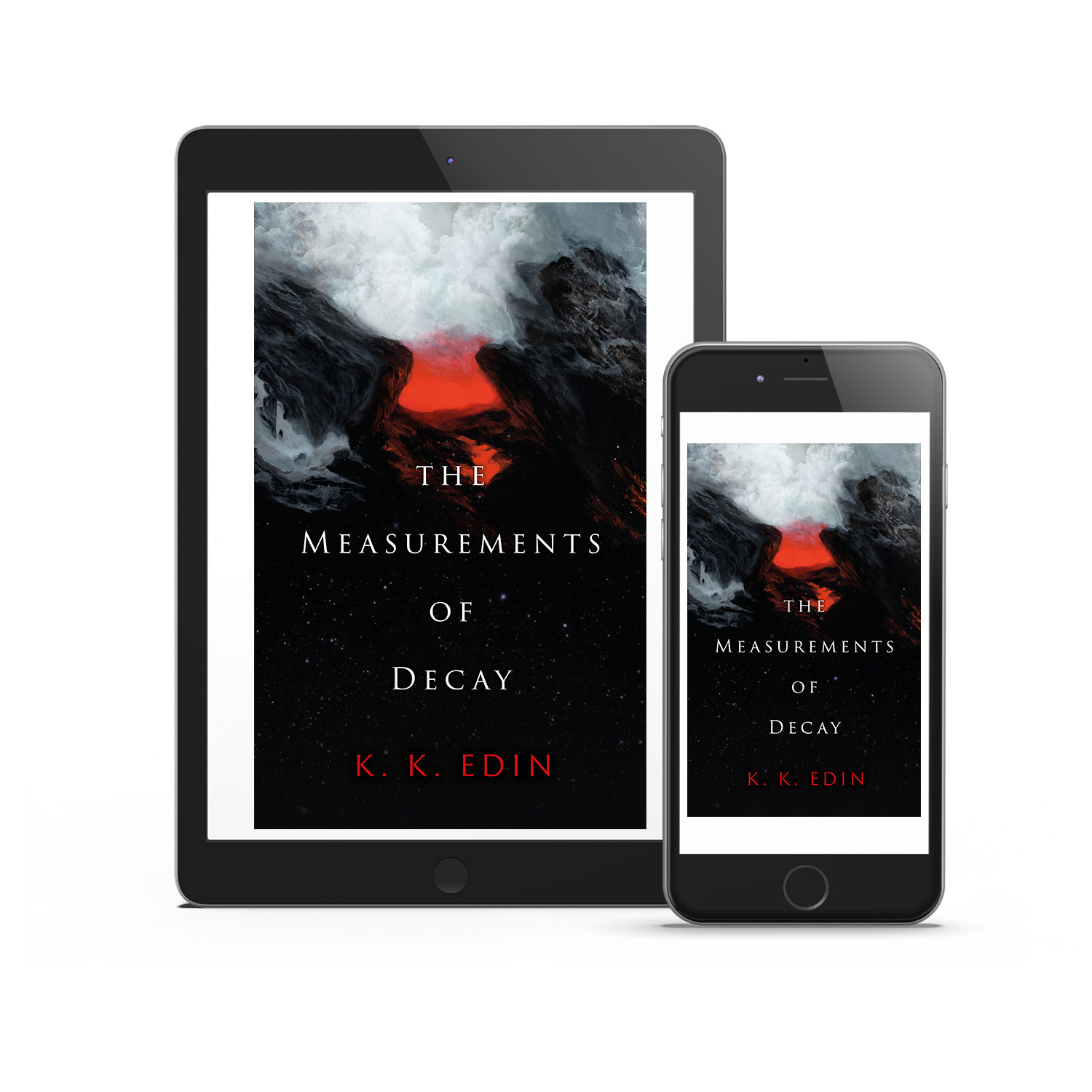In the far future, Earth’s nearby star systems have been colonized.
Outfitted with a device that allows them to escape into hallucinations at will, people spend most of their time withdrawn into their own minds. Tikan Solstafir, a renegade who refuses the illusory life enjoyed by others, lives in self-imposed exile on a starship. When a mysterious enemy attacks the ship, Tikan embarks on a mission to destroy the galactic tyranny and liberate humanity from its own dreams.
Meanwhile, in the 21st Century, a disillusioned philosopher believes that humanity’s collective misery originates in people’s failure to communicate with others and make sense of the world. Growing increasingly misanthropic and monomaniacal, he proceeds on a hermetic quest to save humanity from itself, while also succumbing to his own moral decline.
As these stories intertwine, a young girl reappears through various epochs, fleeting through Ancient Greece, Medieval Norway, Bolshevik Russia, among others. Unbound by time, Sielle has formed few attachments. Eventually thrust into Tikan’s world, she becomes unwillingly entangled in a political scheme spanning centuries.
An engrossing and multi-layered science fiction epic, The Measurements of Decay is K. K. Edin’s stunning debut. At once a tortured love letter to philosophy and a space opera spanning centuries, it is a novel of ideas wrapped in a cautionary tale.
Behind the Story.
I began writing this novel when I was 20 years old and steeped in the classics of philosophy. I recall that the story evolved out of a series of thoughts I had at the time in response to Descartes’ Meditations on First Philosophy. Part of Descartes’ work seemed to imply to me, at the time, that absolute certainty about something can only be achieved in virtue of being that thing. Obviously the only thing one can be is oneself. With this as the criteria for knowledge-at-its-best, the implication, therefore, is that anything other than oneself is subject to doubt. But what would it take for that certainty and those conditions to extend to other things and people, or even form the foundation of science? What political and moral implications would follow? The logical thread quickly ended up somewhere between absurdity and nightmare. In other words, perfectly suitable for the crucible of science fiction. Over Thanksgiving in 2013, while I was alone in Boston during a snowfall, I began writing. And after a few days, I completed drafts of the first ten or so chapters. I then spent the next few years completing, refining, rewriting and editing the novel.
I would like to engage readers with many of the themes that the narrator obsesses over, and come to grips with his particular kind of evil. I would also like readers to be engaged by the tensions between duty, freedom and knowledge. At a very general level, the themes of the novel revolve around that triad, and in some ways, the three main characters are even manifestations of that triad. What is it to be freely? What is to be as one should be? And what is to know being?
KK Edin - March 2018
Purchase The Measurements of Decay today and discover how small events in the present grow to dominate the far future.
